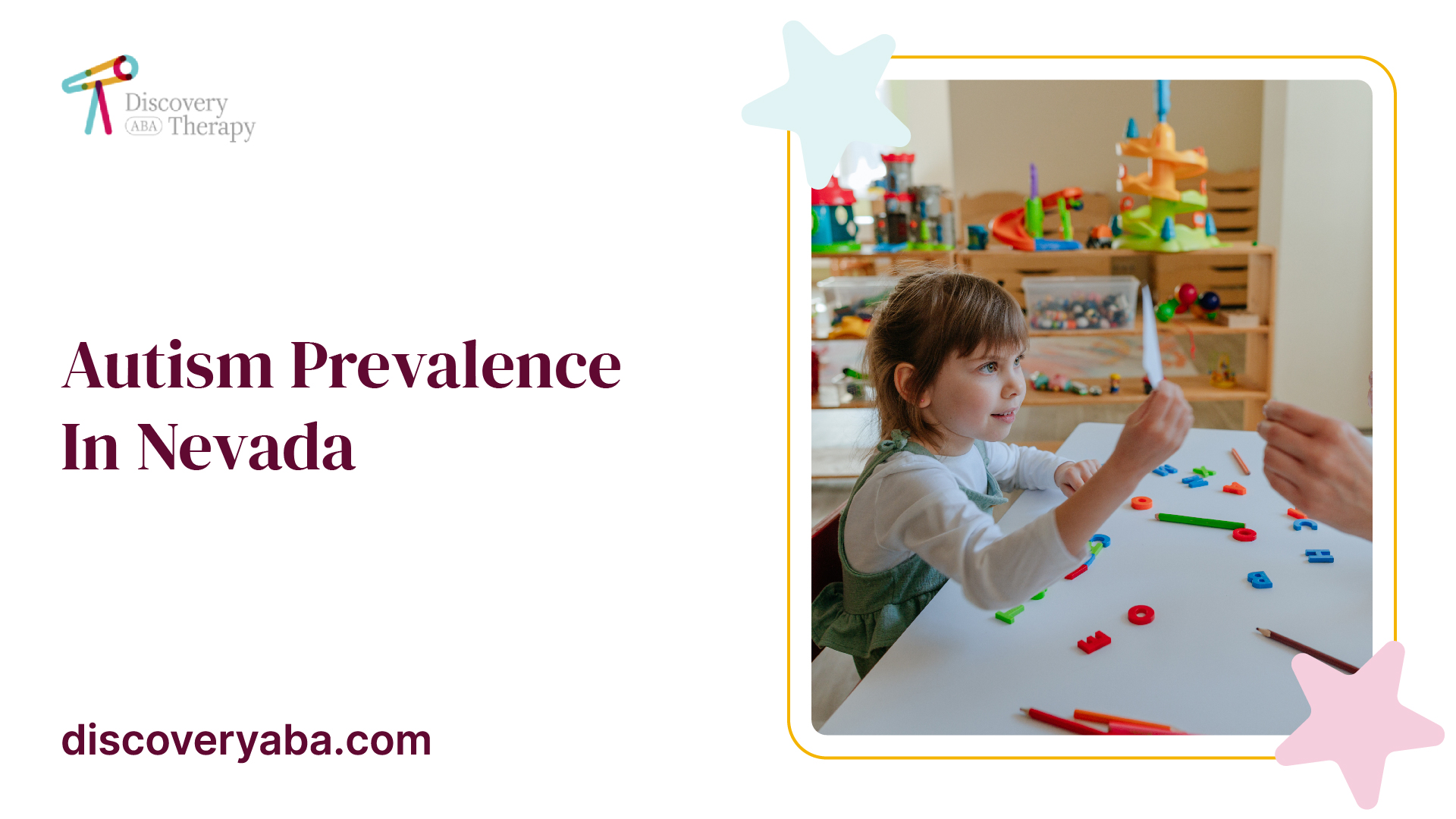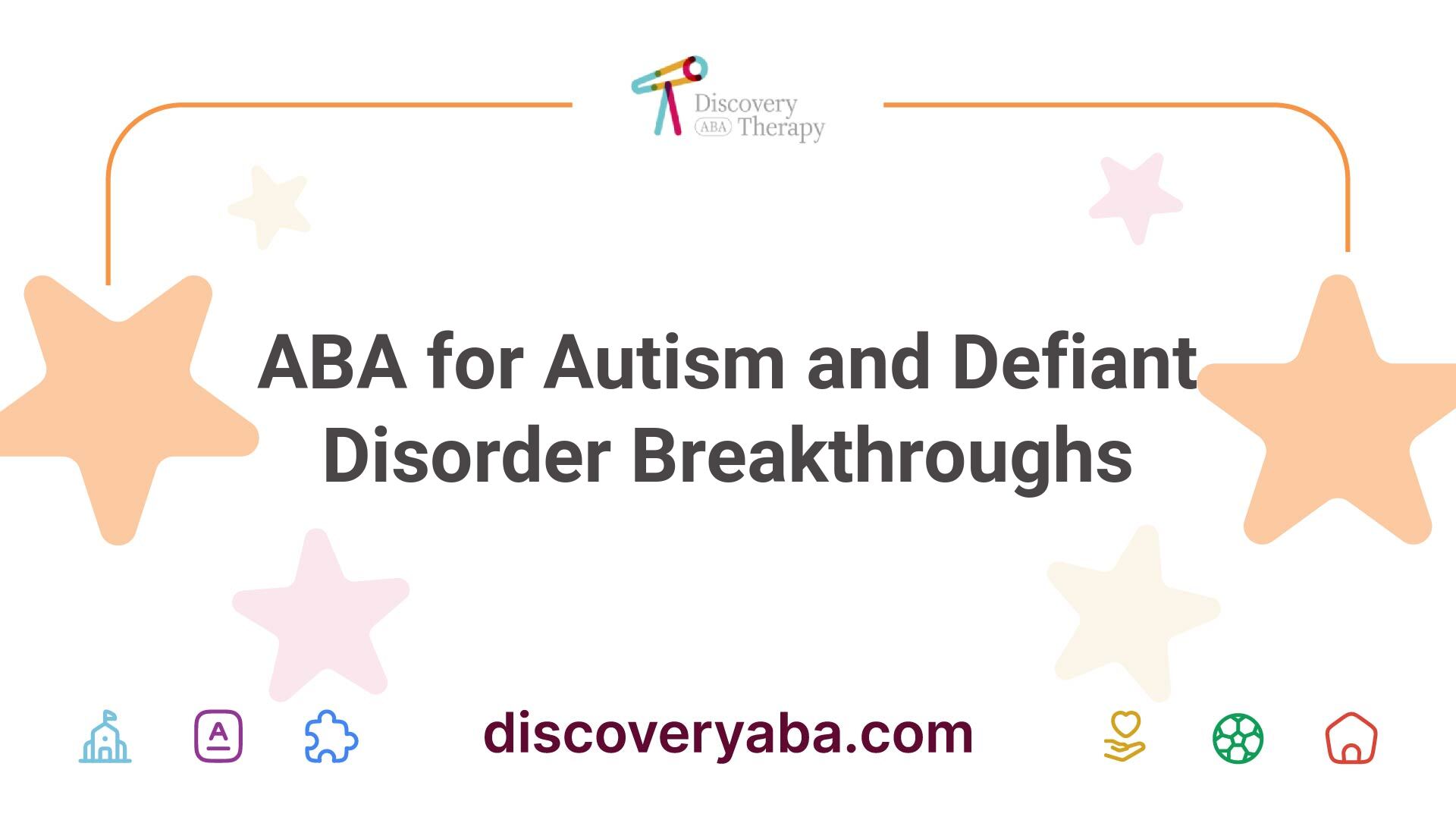Autism Prevalence In Nevada
Around 1 in 54 children get diagnosed with autism in Nevada, and the rates continue to rise.


Autism Rates In Nevada
Autism is a developmental disorder that affects communication, social interaction, and behavior. The prevalence of autism in the United States has been on the rise in recent years, with approximately 1 in 54 children being diagnosed with the disorder. In Nevada, the prevalence of autism is also a growing concern.
According to the Centers for Disease Control and Prevention (CDC), the prevalence of autism in Nevada is 1 in 58 children. This is slightly higher than the national average and represents a significant increase in the number of children diagnosed with autism in the state over the past decade.

There are several factors that may contribute to the higher prevalence of autism in Nevada. One possible explanation is the high rate of premature births in the state. Premature birth is a known risk factor for autism, and Nevada ranks 48th in the nation for premature births.
Another potential factor is the lack of access to early intervention services. Early intervention is critical for children with autism, as it can improve outcomes and help children reach their full potential. However, many families in Nevada face barriers to accessing these services, such as long waitlists and limited availability in rural areas.
Additionally, there is a shortage of qualified professionals who can diagnose and treat autism in Nevada. This can lead to delays in diagnosis and treatment, which can have a negative impact on a child's development.
Despite these challenges, there are steps being taken to address the issue of autism prevalence in Nevada. For example, the state has implemented a program to increase access to early intervention services for children with autism. Additionally, there are efforts underway to increase the number of trained professionals who can diagnose and treat the disorder.
The Economic Impact of Autism in Nevada
In addition to the personal and social impact of autism, there is also an economic impact to consider. The cost of caring for individuals with autism can be significant, and this cost is often borne by families and caregivers.
According to a report by Autism Speaks, the lifetime cost of caring for an individual with autism can range from $1.4 million to $2.4 million dollars. This includes costs associated with direct medical care, as well as indirect costs such as lost productivity and earnings.
In Nevada, the economic impact of autism is particularly significant given the higher prevalence rate compared to other states. Families may face challenges in accessing affordable healthcare services and education programs for their children with autism. Additionally, many parents must reduce work hours or leave their jobs altogether in order to care for their child with autism.
The economic impact of autism extends beyond the individual level as well. Businesses may face increased costs associated with accommodating employees with autism or providing services that cater to individuals with special needs. At the same time, there may be missed opportunities for businesses if they are not able to tap into the skills and abilities of individuals on the autism spectrum.
Given these economic challenges, it is important for policymakers and business leaders in Nevada to prioritize efforts aimed at addressing the needs of individuals with autism and their families. This includes increasing access to healthcare services and education programs, as well as promoting inclusive hiring practices that enable individuals on the spectrum to contribute their unique talents to the workforce.
Summary
In conclusion, the prevalence of autism in Nevada is a growing concern. While there are several contributing factors, including high rates of premature birth and limited access to early intervention services, there are also steps being taken to address the issue.
By increasing awareness and improving access to services, we can help ensure that children with autism in Nevada receive the support they need to reach their full potential.
Find More Articles

The Role of Play-Based ABA Therapy in Early Childhood Development

The Role of Goal-Oriented Sessions in ABA Therapy

How ABA Therapy Works: A Step-by-Step Guide

The Role of Self-Management Strategies in ABA Therapy

How ABA Therapy Supports Emotional Expression in Children

The Role of Parent Training in ABA Programs

How ABA Therapy Supports Positive Transitions Between Activities

How to Reinforce ABA Learning in Community Settings

The Role of Functional Behavior Assessments in Preventing Problem Behaviors

How School-Based ABA Therapy Supports Classroom Success

How to Choose Between At-Home and Center-Based ABA Therapy

How ABA Therapy Helps Develop Conflict Resolution Skills

How to Identify the Best ABA Provider for Your Child

How to Use Token Economies in ABA Therapy

The Role of Peer Modeling in ABA Therapy Success

The Benefits of Naturalistic Teaching Approaches in ABA Therapy

What Is the ABCs of Behavior in ABA Therapy?

The Benefits of Group ABA Therapy for Social Skill Development

How to Encourage Positive Social Interactions with ABA Strategies

How to Introduce New Skills in ABA Therapy Without Overwhelming Your Child

The Benefits of Combining ABA Therapy with Other Interventions

Solar Power for Autism Support Networks

How to Address Hyperactivity with ABA Therapy

Common Misconceptions About ABA Therapy

Understanding the Principles of Positive Reinforcement

Understanding the Principles of Positive Reinforcement

Understanding the Principles of Positive Reinforcement

How ABA Therapy Supports Transitions Between Activities

Understanding the Principles of Positive Reinforcement

How to Identify and Celebrate Small Successes in ABA Therapy Progress

Understanding the Principles of Positive Reinforcement

How to Introduce Visual Schedules for Better Behavior Management

How ABA Therapy Can Reduce Self-Injurious Behaviors

How ABA Therapy Supports Academic Success

The Importance of Early Signs Recognition and ABA Intervention

How ABA Therapy Helps Improve Comprehension and Listening Skills

How to Use Visual Schedules to Support Your Child’s ABA Goals

How ABA Therapy Supports Self-Help Skills Like Dressing and Eating

How ABA Therapy Supports Behavioral Success in Community Settings

How ABA Therapy Helps Build Independence in Daily Activities

Building Social Skills Through ABA Therapy Techniques

The Role of School-Based Behavior Intervention Plans (BIPs)

The Benefits of Scripting and Role-Playing in ABA Therapy

How to Help Your Child Develop Coping Strategies with ABA Therapy

How to Address Hyperactivity and Attention Challenges with ABA Therapy

How to Help Your Child Develop Coping Strategies with ABA Therapy

How ABA Therapy Addresses Challenging Behaviors

The Importance of Social Skill Groups in ABA Therapy

How ABA Therapy Addresses Challenging Behaviors

The Role of Task Analysis in ABA Therapy for Teaching New Skills

How ABA Therapy Helps Improve Focus and Attention in the Classroom
%2520(1).jpeg)
Assessment Tools For People With Autism

Autism And Chronic Pain

How to Use Social Stories to Enhance ABA Therapy Outcomes

How ABA Therapy Helps Prepare Children for School Success

How School-Based ABA Therapy Can Improve Academic Performance

How to Address Resistance to ABA Therapy and Build Engagement

How to Use ABA Therapy to Develop Self-Help Skills in Daily Routines

How to Use Role-Playing in ABA Therapy for Skill Development

How to Handle Regression in Skills During ABA Therapy

How ABA Therapy Supports Social Communication Development

How to Find the Best ABA Therapy Provider for Your Child

How to Create a Reward System That Motivates Your Child in ABA Therapy

The Role of ABA Therapy in Preparing Children for Independent Living

How ABA Therapy Teaches Communication and Social Skills

How School-Based ABA Services Help Students with Autism Thrive

How ABA Therapy Helps Develop Patience and Waiting Skills

How to Support Your Child’s Social Interactions Using ABA Techniques

How ABA Therapy Addresses Anxiety and Fear Responses in Children

The Role of Play-Based ABA Therapy in Skill Development

How ABA Therapy Helps Build Confidence in Children with Autism

The Benefits of Center-Based ABA Therapy for School Readiness

The Role of ABA Therapy in Building Emotional Intelligence

How to Use Differential Reinforcement in ABA Therapy

Exploring Different ABA Techniques and Strategies

How to Prepare for IEP Meetings When Seeking ABA Therapy Support

How to Use ABA Therapy to Develop Resilience and Coping Mechanisms

How to Work with ABA Therapists to Set Realistic and Achievable Goals

How to Recognize Burnout in ABA Providers and Address It

The Connection Between ABA Therapy and Improved Social Skills

How ABA Therapy Helps Address Aggressive Behaviors
.jpeg)
Does Processed Food Cause Autism?

The Benefits of ABA Therapy for Adolescents with Autism

How to Reinforce ABA Strategies at Home for Consistent Progress

How to Create a Positive Learning Environment at Home with ABA

Autism And Dementia: The Connection and Differences

How ABA Therapy Supports a Lifetime of Learning and Growth

The Role of Functional Behavior Assessments in ABA

How ABA Therapy Helps with Anger Management Skills

How to Address Food Selectivity Using ABA Techniques

How ABA Therapy Supports a Smooth Transition to Middle and High School

How to Address Perseveration in ABA Therapy

The Role of Social Reinforcers in Motivating Positive Behavior

How to Navigate the Transition from ABA Therapy to School Support Services

How to Address Overstimulation and Meltdowns Using ABA Techniques

ABA for Anxiety in Adolescents with Autism

ABA for Autism and Defiant Disorder Breakthroughs

ABA for Behavioral Challenges in Autism
Contact us
North Carolina, Tennessee, Nevada, New Jersey, Utah, Virginia
New Hampshire, Maine
Massachusetts, Indiana, Arizona, Georgia
.avif)


